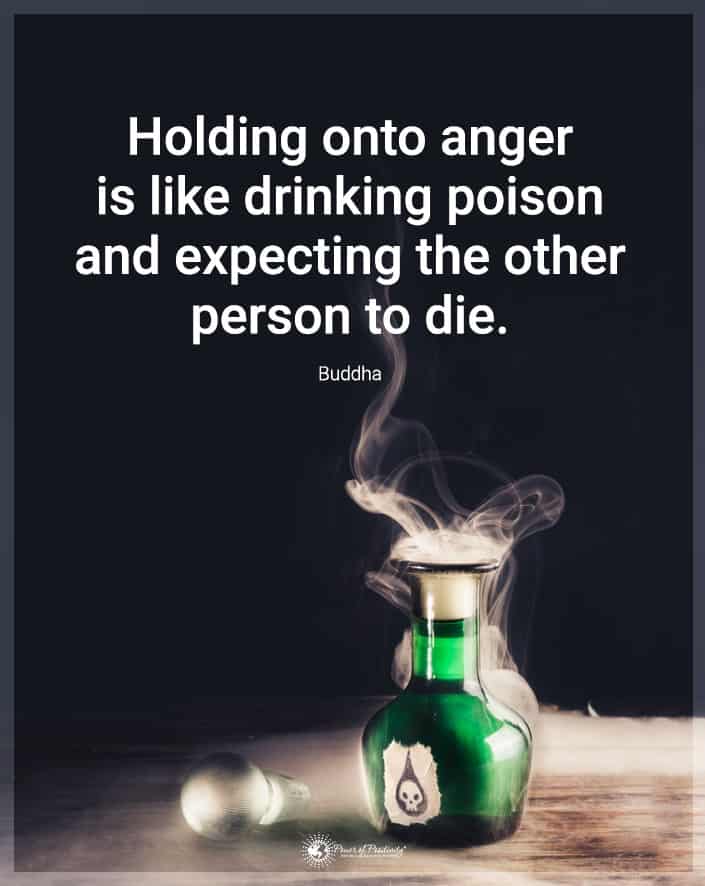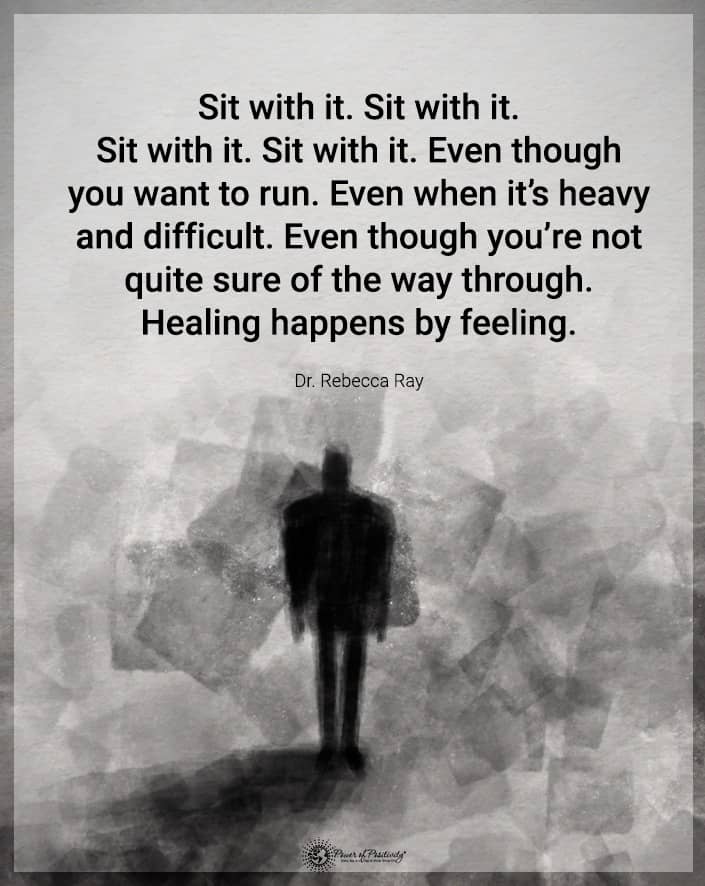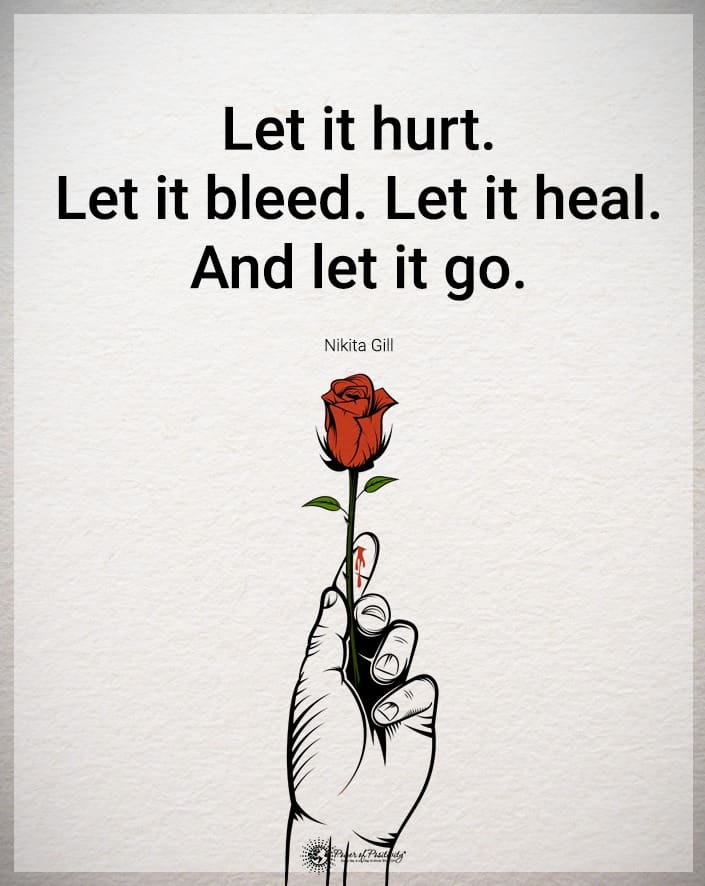Are you seeking some effective new techniques for dealing with anger?
As a human, you have basic emotions that help you survive. You experience joy, happiness, anxiety, despair, and anger. According to the National Library of Medicine, anger is a response that originates in your sympathetic nervous system.
Dealing with anger is never easy, but many people think rage is all tied to being mad. When you’re upset, it doesn’t always mean that you’re ready to throw punches at someone. Instead, it can motivate you to make changes that help you stand up and advocate for yourself. However, the anger that creates problems in life is the one that can damage your physical health or put an end to meaningful relationships.
Understanding Stress Can Help in Dealing with Anger
 It all has to do with the stress hormones that are surging in your brain, and when you’re temper flares too quickly, it can be a real issue. How often have you heard a medical professional say you shouldn’t get all riled up as it’s not good for your heart? When you have too many of these stress hormones surging through your body, it can cause your immune system to weaken, your blood pressure to increase, and other issues.
It all has to do with the stress hormones that are surging in your brain, and when you’re temper flares too quickly, it can be a real issue. How often have you heard a medical professional say you shouldn’t get all riled up as it’s not good for your heart? When you have too many of these stress hormones surging through your body, it can cause your immune system to weaken, your blood pressure to increase, and other issues.
Some folks deal with constant anger, while others only experience a surge of rage on occasion. However, the goal is to navigate your emotions and identify triggers to prevent the next outburst. You understand that inner turmoil bubbling up inside means you’re about to cross the line, so this is the time to employ strategies to help you deal with anger.
One of the easiest ways for people to experience anger outbursts is for someone to cut them off in traffic. Anger is the easiest emotion to show. The only problem is that when you give someone a piece of your mind, it does not always give you the release you crave.
Before attacking this problem at the source, you need to understand the roots of rage, the triggers that cause it, and the consequences when you cannot manage it.
Understanding The Origins of Your Anger
Assume someone bumped into you in line at the coffee shop and spilled their latte down your shirt. Now, do you turn around and explode in a fit of anger at them, or do you shrug it off as a simple annoyance? What makes one person able to laugh it off while the other individual becomes fighting mad? It all stems from the event, the personality of the person, and your current mood.
You might not be as eager to explore if you just got a job bonus. However, if they caught you on a day where you overslept and were late getting the kids to school, you might react differently. You may have a low tolerance for frustration, have high anxiety levels that make you nervous and overreact, or feel that the act was punishable and you’re the warden.
What Do the Big Five Personality Traits Have To Do With Anger?
Some people are more prone to get angry than others. For instance, if you have a high level of passion about a matter or are not the most agreeable person, you’re more likely to have rage issues. If you’re against a particular subject, you’re more likely to have a temper flare when confronted with an oppositional view.
According to Science Direct, the five big personality points define someone susceptible to becoming angry. They are:
- Neurosis – When a person displays neurosis, they battle many unpleasant emotions they cannot control. This person may be depressed, have bouts of anger, and have a high level of anxiety.
- Socialness – Vitality and the inclination to seek inspiration from others. A person who loves to be surrounded by people and is usually the life of the party.
- Agreeableness – The propensity to be sympathetic and supportive instead of skeptical and aggressive to others. This person is easy to please.
- Carefulness – The tendency to display restraint, act respectfully, and seek attainment. This person is often skittish and cautious when meeting people and entertaining new things.
- Seeing experiences – This individual admires fine art, excitement, exploration, and bizarre concepts, which equals a creative and intriguing person.
Other Personality Characteristics Prone to Anger
While these five concepts are essential, other folks might be dealing with anger and have the following characteristics:
- Privilege – This individual believes they’re on a higher plateau than others and their opinions and rights are superior.
- Ruminating – A person who meditates often focuses their attention on things that are outside of their control.
- Disguised – The person who uses external forces to regulate their emotions and often wears a façade.
- Narrowminded – This individual can only see things in shades of black and white, and they ignore that there are other colors on the spectrum.
- Inadequacy – This person has a fragile ego and suffers from poor self-esteem and a lack of self-worth.
Six Effective Ways for Dealing With Anger
Now that you know everything about anger issues and the personalities prone to these bouts of rage, you’re probably wondering how you deal with it. You’ve heard of courts ordering anger management classes to parents, and there’s a time when parenting brings outrage. However, dealing with anger must be scrutinized with self-awareness.
When you feel things spiraling out of control, you can stop yourself before you get to the point of explosion. Here are ways to get a firmer grip on your anger issues.
 1. Count to Ten
1. Count to Ten
It’s probably the easiest way possible, but thinking before you speak or react is a big part of learning to deal with your anger. When you feel the room’s mood escalate to a dangerous level, you need to start breathing and counting to get your emotions back in check.
2. Remove Yourself From the Situation
There’s something to be said for removing yourself from the situation and getting some fresh air. Fresh air can be very tranquil, and it does wonders to help calm that anger inside.
When you’re dealing with anger, use your counting strategies while walking around outside. Then, when you’ve calmed down enough to reason, you can come back in and talk about the matter or face the situation.
3. Get Sufficient Rest
Have you ever noticed that your emotions can be haywire when you haven’t had sufficient rest? How often have you felt you didn’t have control because you were so sleepy you weren’t firing on all cylinders?
Don’t ever face a situation where you know things will be stressful when you haven’t had an adequate amount of sleep. You may say and do things that are out of the normal range for you.
4. Consider Different Perspectives
Close-minded people often only see things through their lenses, but what if you stepped into another person’s shoes for a minute? Look at things how they do and see how they see things. Before you fly off the handle and say or do something you regret, take a pause and view it from another perspective.
5. Bring in a Third Party
If you feel your anger boiling inside and about to explode, it’s often helpful to bring a third party into the situation. This person can look at both sides and help you to gain some clarity. There’s a reason why the Bible says blessed the peacemakers in Matthew 5:9, and an unbiased person can bring harmony to a rough situation.
6. Find a Healthy Release
One of the most beneficial things you can do when dealing with anger is to find a healthy way to release those feelings. Some people punch walls or each other, but you don’t need to go to these extremes to find a release. Maybe you grab a basketball and head to the court. Take out all your rage on the ball and get some exercise too.
When you exercise, you’re releasing those feel-good endorphins in your brain that will help to calm you down. Some people will go outside and chop wood, throw darts at a dartboard, or write a letter releasing all their feelings and burning it. You may need to experiment to find some things that work for you.
 Final Thoughts on Dealing With Anger
Final Thoughts on Dealing With Anger
While the American Psychiatric Association hasn’t created an official diagnosis for those who suffer from an anger disorder, other mental health issues can have this as a symptom of their problem. For instance, those suffering from borderline personality often have rage issues, as do those who have conduct disorder or ADHD.
Additionally, you don’t need a diagnosis to realize you have a problem with rage. Dealing with anger can be a serious matter, and if you don’t learn effective ways to get things under control, it can cost you big time. Some people have lost relationships, jobs, and even their freedom because they let their anger get the best of them.
Another outlet to consider is that many counselors deal specifically with personality disorders and rage. Getting outside help from the mental health community and peer groups can be advantageous.


















